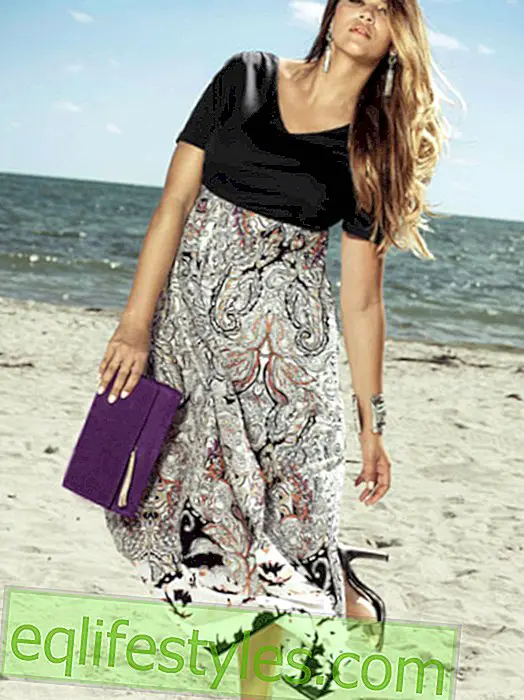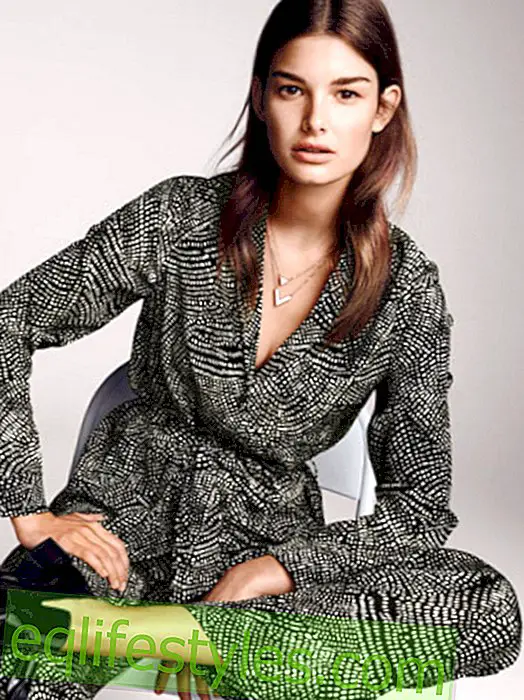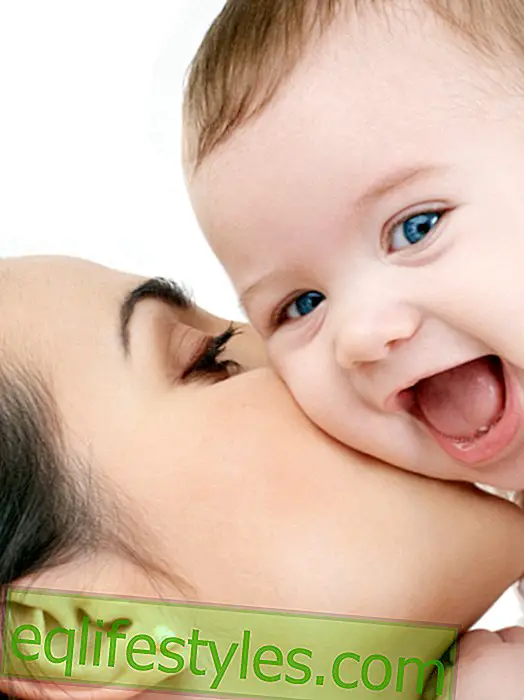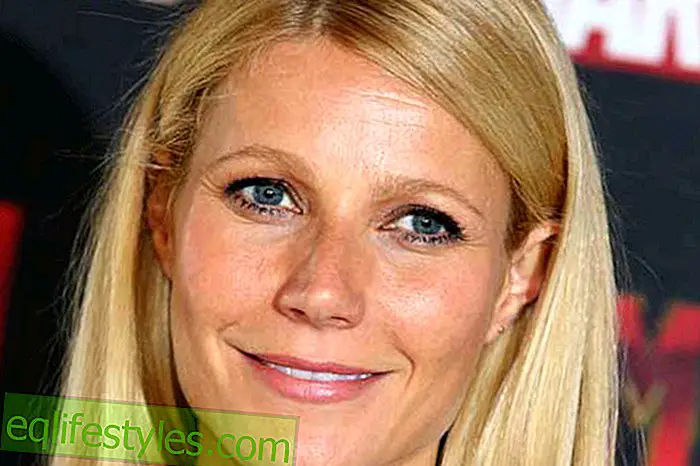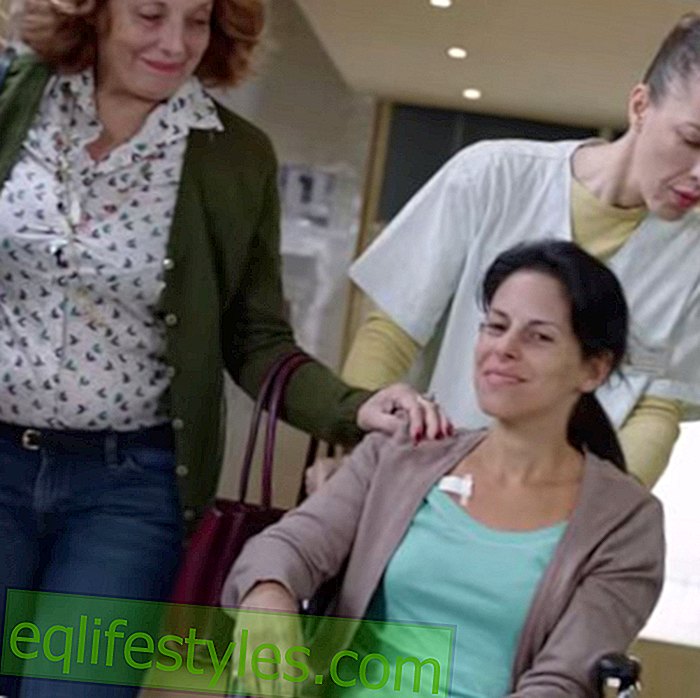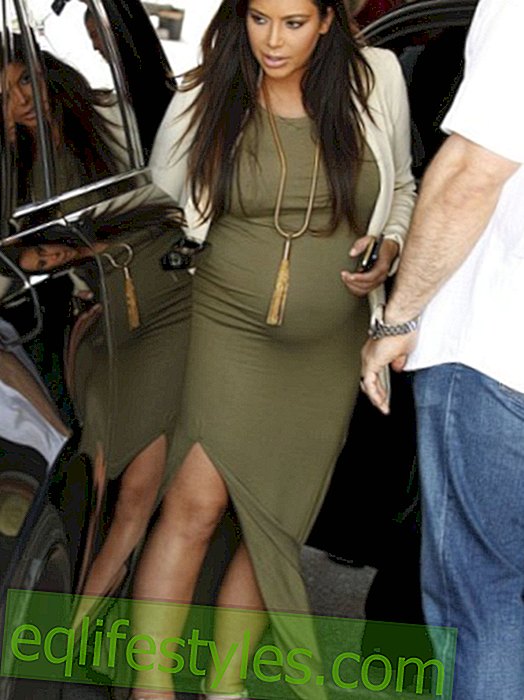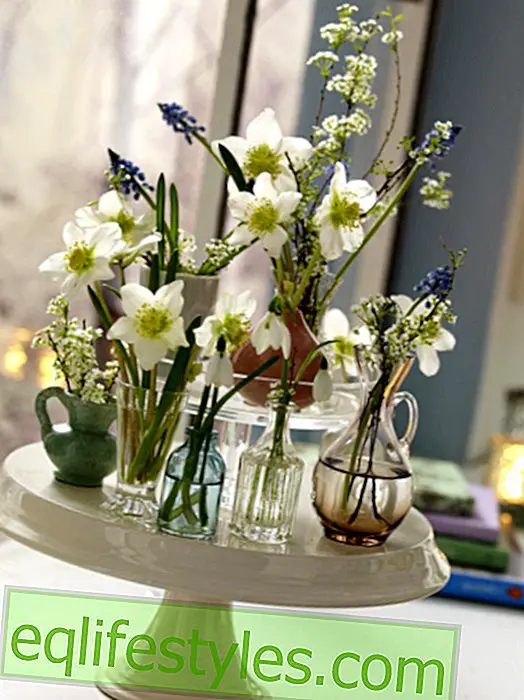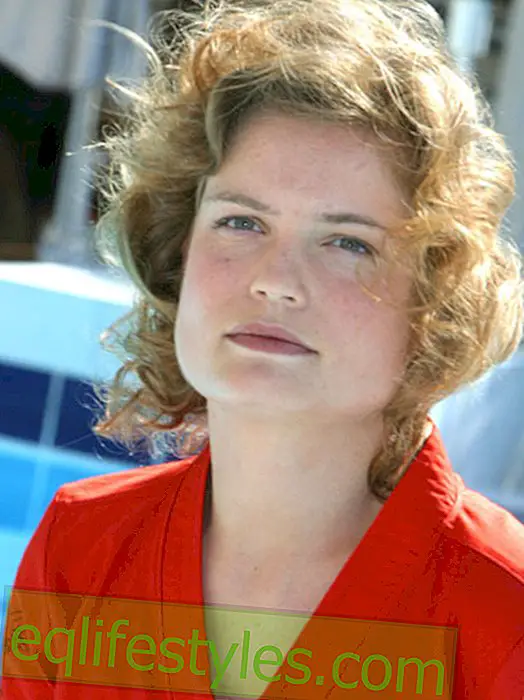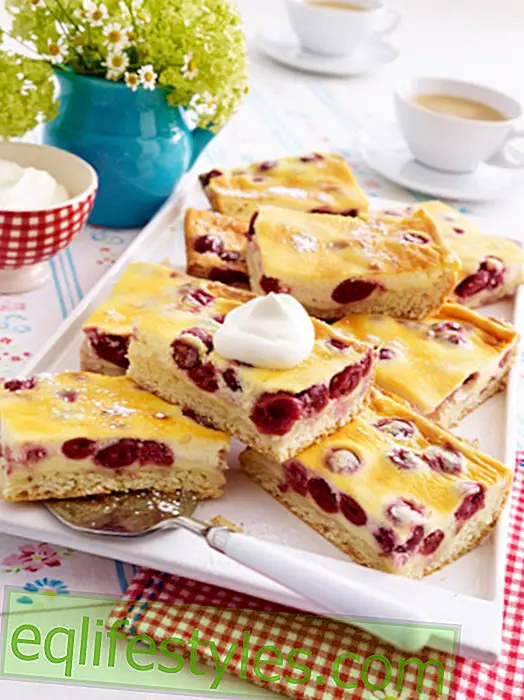
Photo: Getty Images
The most common textile seal in the check
After the Primark scandal, the question remains: How and where do I buy fair-made clothing? Textile seals should help. But today there are over 100 such sustainability standards. We tell you which ones are really useful.
Time and again news from the textile industry shocks us - whether the collapse of a factory in Bangladesh about a year ago or the finding of a cry for help on the washing instructions of a Primark dress . The fashion industry is under pressure to rely on sustainably produced clothing.
But when is fashion actually sustainable?
Fashion is sustainable if it is good for people and good for the environment. This means that it should be produced under socially acceptable, fair conditions and produced in an environmentally friendly way. Ideally both! Organic alone is not necessarily fair. The advantage? Those who wear sustainable fashion can be sure that they do not wear a chemical laboratory on their skin and that people have been rewarded for their work accordingly. Of course, good conscience also plays a role here.
The demand for green and fair fashion is increasing - and with it the number of sustainability standards and quality seals. We show the most common textile seals and explain what they mean.

Textile Confidence (Oeko-Tex Standard 100 and 1000) : Clothing with such a seal follows an examination of limits on formaldehyde and toxic dyes. Thus, allergy-causing additives are excluded. Textile trust according to Oeko-Tex Standard 100 does not take into account the cultivation of the fibers or the manufacturing conditions - and is therefore not really a "bio-seal". The Oeko-Tex Standard 1000 also checks social criteria. Both seals are only valid with the test number!

Global Organic Textile Standard (GOTS) : This textile seal is valid worldwide and covers the entire production chain of a garment. The GOTS seal is available in two grades: for "grade 1", at least 95 percent, for "grade 2" at least 70 percent of the fibers must come from organic farming. GOTS with its high social criteria is credible, but so far does not serve a mass market. Online there is a wide range of GOTS certified clothing.

Fair Wear Foundation : The worldwide Fair Wear Foundation, as the name implies, is committed to fair and decent work conditions in textile businesses. The aim is to comply with the minimum standards of the International Labor Organization (ILO) and local laws. This includes: living wage income. The organization looks at the entire supply chain. Members include Acne and Filippa K.

IVN NATURTEXTIL / NATURTEXTIL BEST : The IVN seal (International Association of Natural Textiles) is awarded as soon as the textiles consist of natural fibers that correspond to the maximum organic level. The cotton must be made of 100% biofibres, also buttons and zippers are considered. "IVN certified NATURTEXTIL BEST" also marks the social compatibility of the garment.

Cotton made in Africa : The "Cotton made in Africa" initiative sets social, economic and ecological criteria. To make sure that pesticides and genetically modified cotton are used, Cotton made in Africa trains African smallholders in environmentally-friendly farming methods that lead to higher yields in the long term and are of course also more health-friendly for farmers.
Conclusion: no textile seal covers all standards at the same time to cover social and ecological aspects, so would have to be combined with different textile seal . The combination of Fair Wear Foundation, GOTS, IVN certified NATURTEXTIL and Fair Trade Certified Cotton would be a possible option.
